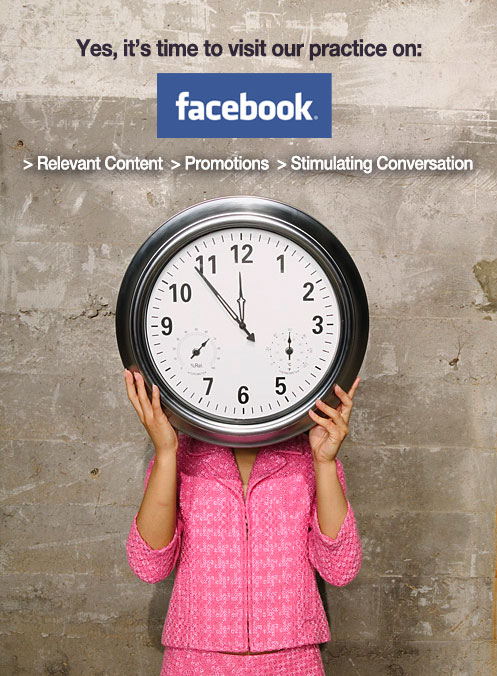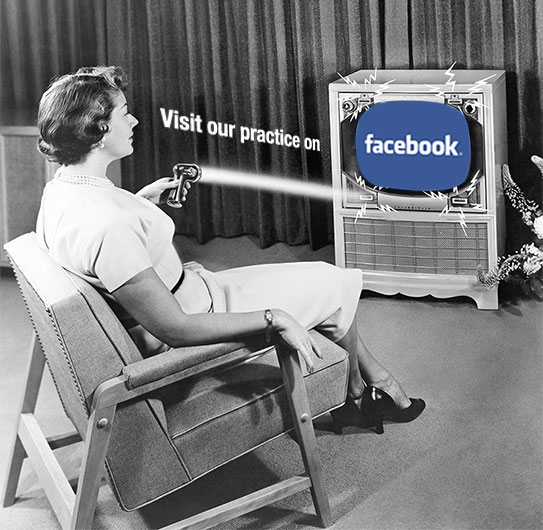Drs. Bradley and Dr. Boswell Remind All Of Our Valued Patients That Early Oral Cancer Detection Saves Lives
IT’S SOMEWHAT SURPRISING THAT ORAL CANCER DOESN’T GET THE “PRESS” that other types of cancer seem to get. The numbers are significant. In the United States alone, over 35,000 people are diagnosed with oral cancer every year. Here at Lake Oconee Dentistry, PC, early detection is very important because it can boost survival rates to 80–90%! Unfortunately, many times if people do not see their dentist regularly, the cancer is not diagnosed before it reaches a more advanced stage.So, why does oral cancer so often go undetected? Dr. David Bradley says, “One of the reasons is because many of the symptoms are not painful, and people just don’t know.” Sadly, detecting oral cancer in its later stages significantly lowers survival rates.According to the Oral Cancer Foundation,if you experience any of the following symptoms, you should have Drs. Bradley and our team take a look:
- A sore inside your mouth that doesn’t heal within two weeks
- A lump or thickening of your cheek
- A white or red patch on any part of your inner mouth or throat
- Chronic difficulty swallowing or chewing
- Difficulty moving your tongue or jaw
- Numbness inside your mouth
- Jaw swelling
Although there may be other causes for these symptoms, having them checked here at Lake Oconee Dentistry, PCwill provide peace of mind in knowing the cause.And of course, it goes without saying—the best offense is a great defense… That is, keep those regularly scheduled cleaning appointments and screenings. Doing so GREATLY increases the likelihood that any problems will be detected early. It’s absolutely worth it, so make your appointment today.As your trusted, lifelong oral health partner, we want to keep you and your loved ones as healthy as possible. Let us know if you have any questions about oral cancer or any of the symptoms mentioned above. And share this information with someone you love! Staying informed helps us all stay healthier.If you haven’t had a chance to LIKE our Facebook page, now would be a great time by clicking on the image below:


